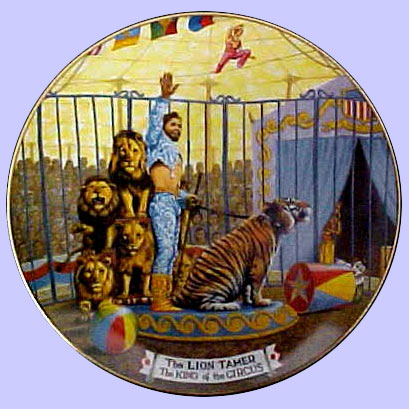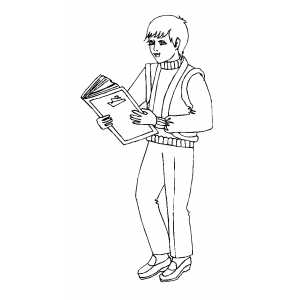Click here to link to the first grade handwriting paper.
Click here to link to the first grade handwriting script.
| Buchstaben Mini-Mappe Gruenewald VA | ||
 | ||
| Buchstaben Mini-Mappe für Gruenewald VA | ||
 | ||




| Buchstaben Mini-Mappe für Gruenewald VA | ||
 | ||

Barry, who lived and made history between 1800 and 1814, was one of the greatest rescue dogs the world has ever seen. Barry was a Saint Bernard dog who earned worldwide fame for the brave rescue operations he carried out during his lifetime. His painting by Salvatore Rosa still hangs in a hospice in the Alps of Switzerland.
Barry was an expert rescue dog well versed with the rescue drill and amongst his famous rescue adventures there is this famous story about a young boy who was found stranded on an icy ledge, all covered with thick snow under an ongoing, heavy snowfall. It was not possible for any man to climb that icy ledge, but Barry braving all adversity crawled inch by inch to the injured boy. As the drill has it, Barry started licking the boy's face but the snowfall was too heavy and the ledge too difficult to climb for any monk to reach the boy. So, there was no help coming. The boy, however, woke up due to Barry's warm licks and wrapped his arms around Barry's strong neck. The dog pulled him carefully and bravely from the ledge and brought him to safety.
It is just one of the many gallant rescue stories of this great rescuer Saint Bernard. He lived from 1800 to 1814 and saved more than 40 lives in his lifetime.


Lion taming is the practice of taming lions, either for protection, whereby the practice was probably created, or, more commonly, entertainment, particularly in the circus. The term is also often used for the taming and display of other big cats such as tigers, leopards, jaguars, cheetahs, and pumas. Lion taming is used as a stereotypical dangerous occupation due to the obvious risks of toying with powerful instinctive carnivores.
Lion taming is performed in zoos across the world, to enable less dangerous feeding and to bring more profit by holding programmes like cub petting.
Note that taming an individual lion is not the same as domestication of a species. (Wiki)



Again, in this lesson there is no picture, so have the children draw a picture of Jame's house; as described in the story. Although Ann and James were poor, they still valued learning, love, and work. Talk about these things with your parents and discuss the values of being a child of God.
About James Smith
food, room, child, Smith,
gone, come, night, things,
went, meet, slept, would,
hate, back, large, friend,
Ann, much, board, school,
poor, work, pains, clothes,
care, made, ready, bought,
had, stool, small, weight,
own, home, stood, James,
door, fond, crate, might,
then, wood, warm, house,
him, look, large, months,
hail, kind, plates, ground